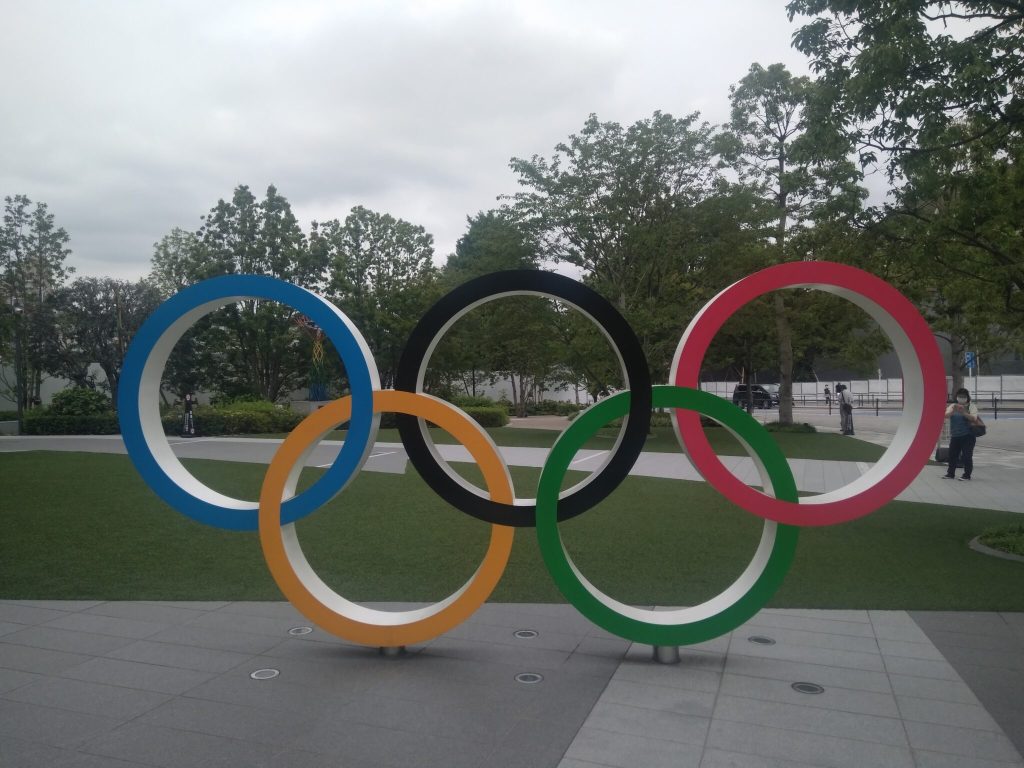The Olympics bring a massive amount of attention to host cities, but this spotlight doesn’t always result in a significant increase in overseas visitors. For example, Paris, the host city for the upcoming Olympics, is not expected to see a major influx of non-French sports fans. Less than 15% of the fans projected to attend the Paris Olympics are foreign visitors, according to recent reports. This raises the question of whether the Olympics have a long-term impact on tourism in host cities.
According to Ask Skift, an artificial intelligence chatbot, the impact of the Olympics on tourism is complex and varies depending on various factors such as location and timing. Hosting the Olympics can create a short-term displacement effect in central areas, as seen in London during the 2012 Olympics. The number of visitors may decrease during the event, but those who attend, particularly Olympic ticket holders, tend to spend more. However, the long-term economic benefits of hosting the Olympics, such as increased tourism and trade, are often elusive.
Some cities have seen positive impacts on tourism after hosting the Olympics. For example, Barcelona is believed to have received a significant long-term tourism boost from hosting the 1992 Summer Olympics. The city experienced growth in overnight visitors from 1.7 million in 1990 to over 8 million in 2016. Salt Lake City also saw an increase in ski tourism following the 2002 Games, with ski visits in Utah surpassing Colorado’s growth over the same period. Japan has seen a major visitor boom since hosting the 2020 Olympics, although the event itself may not have significantly contributed to the surge due to restrictions on overseas fans and travel bans.
Despite the potential for short-term financial gains and increased visibility, the long-term benefits of the Olympics for tourism can be uncertain. Research shows that four out of the five Summer Olympics held between 2000 and 2016 had a negative impact on tourism in the short- and medium-term, with the 2008 Beijing Olympics being the only exception. Countries that are less frequent destinations for tourists, such as those in Asia or Africa, may benefit more from hosting the Games compared to traditionally popular tourism destinations like the United States and Europe.
While the Olympics can serve as a marketing tool for countries to showcase their attractions and encourage future tourism, the overall impact on host cities’ tourism industries remains variable. Factors such as existing infrastructure, global conditions at the time of the event, and the location of the Games all play a role in determining the long-term benefits for tourism. Despite the challenges and uncertainties, hosting the Olympics can provide cities with opportunities to boost their profile, attract investment, and potentially increase visitor numbers in the long run.















